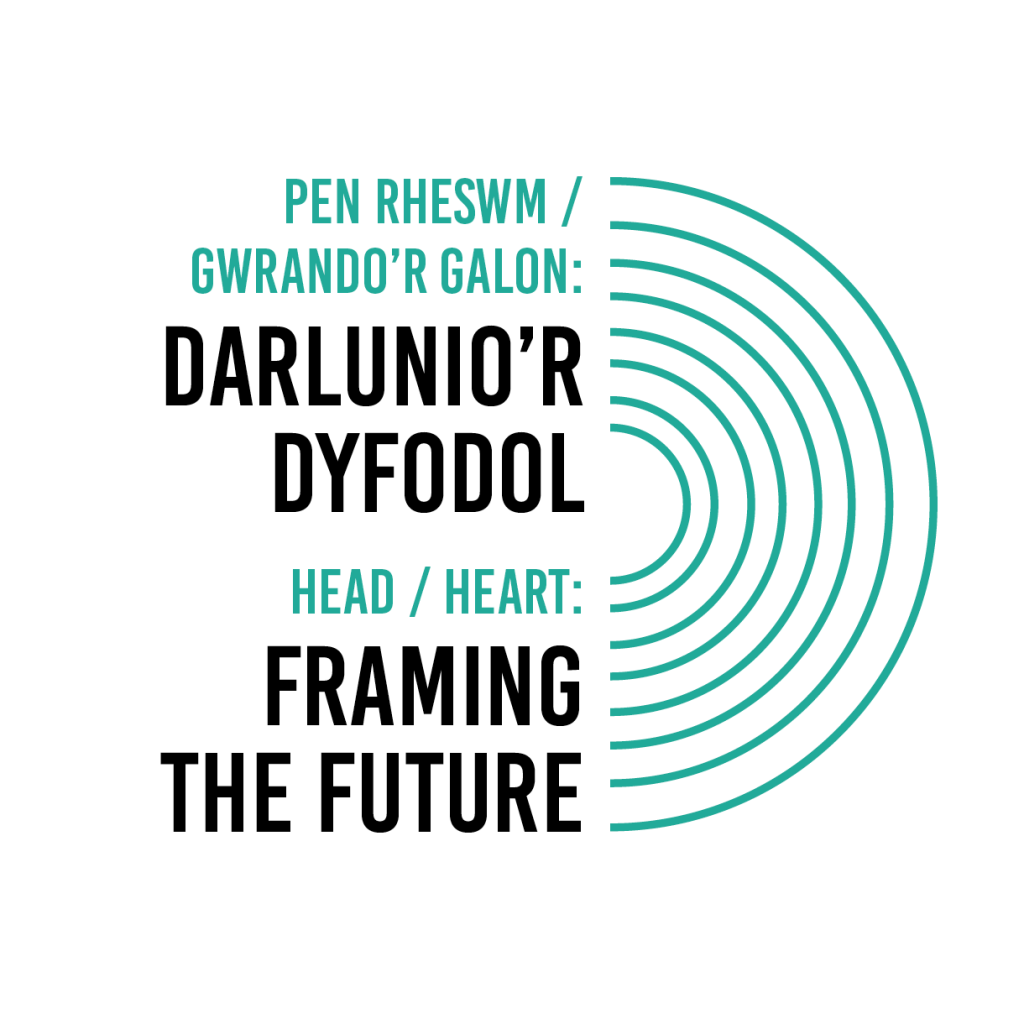Across the cases, participants spoke of their experiences of debating their country’s constitutional future. In Scotland and Catalonia in particular, many talked about the difficulty of debating the topic with their families and friends; different viewpoints often made this hard and sometimes people preferred to avoid the topic entirely.
Others expressed their frustration that politicians and the media made it difficult to have an open and balanced debate about the topic. They felt that the issue was often manipulated, and reduced to a simplistic debate between ‘for’ and ‘against’ independence. One problem is the lack of objective information about independence, including the potential advantages and disadvantages. Who can be trusted to give impartial information about what this would mean for the future?
In Catalonia, many participants focused on the events surrounding the 2017 referendum. Some were shocked and outraged by the response of the Spanish state to this, and it encouraged them to continue to campaign for independence. Others were deeply frustrated, especially by the refusal of foreign countries – and the European Union in particular – to put pressure on the Spanish state to allow the referendum to go ahead. Reflecting on the years since the attempted referendum, many participants spoke of their disappointment with the current state of the debate, in terms of the strategy of pro-independence parties and the lack of progress on negotiations to hold a new legal referendum on independence.
This experience has had a different effect on different people: some continue to feel strongly in support of Catalan independence, others no longer care. In Scotland, similar feelings were articulated. The UK government’s refusal to grant a second referendum on Scottish independence inspires some to continue campaigning, but others are disillusioned and independence is no longer a priority for them.


